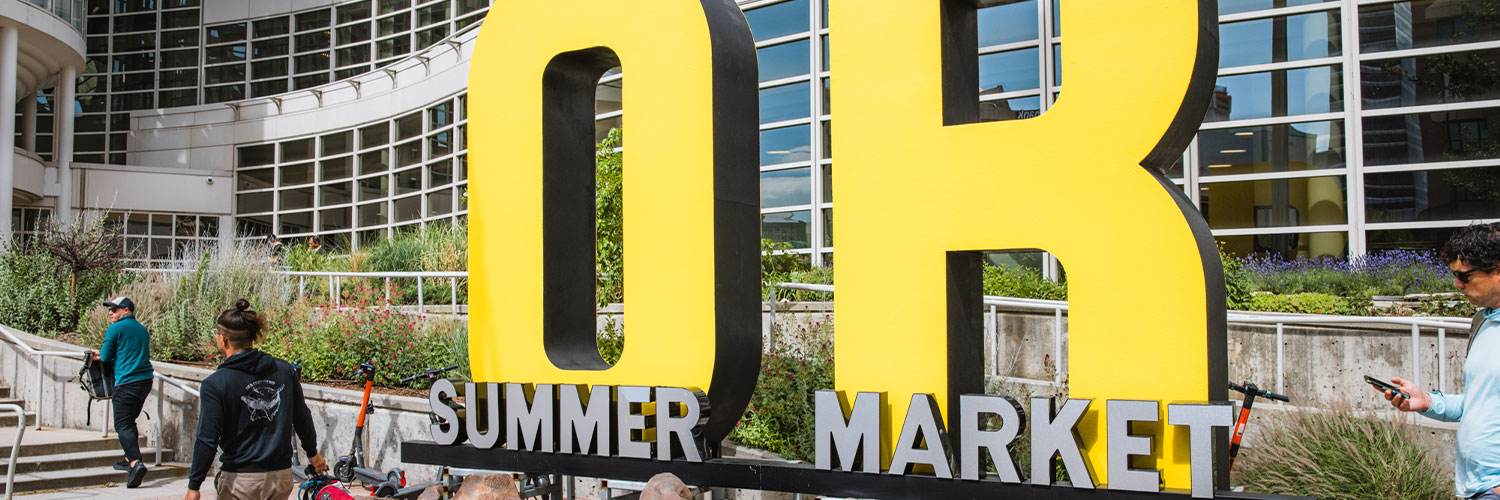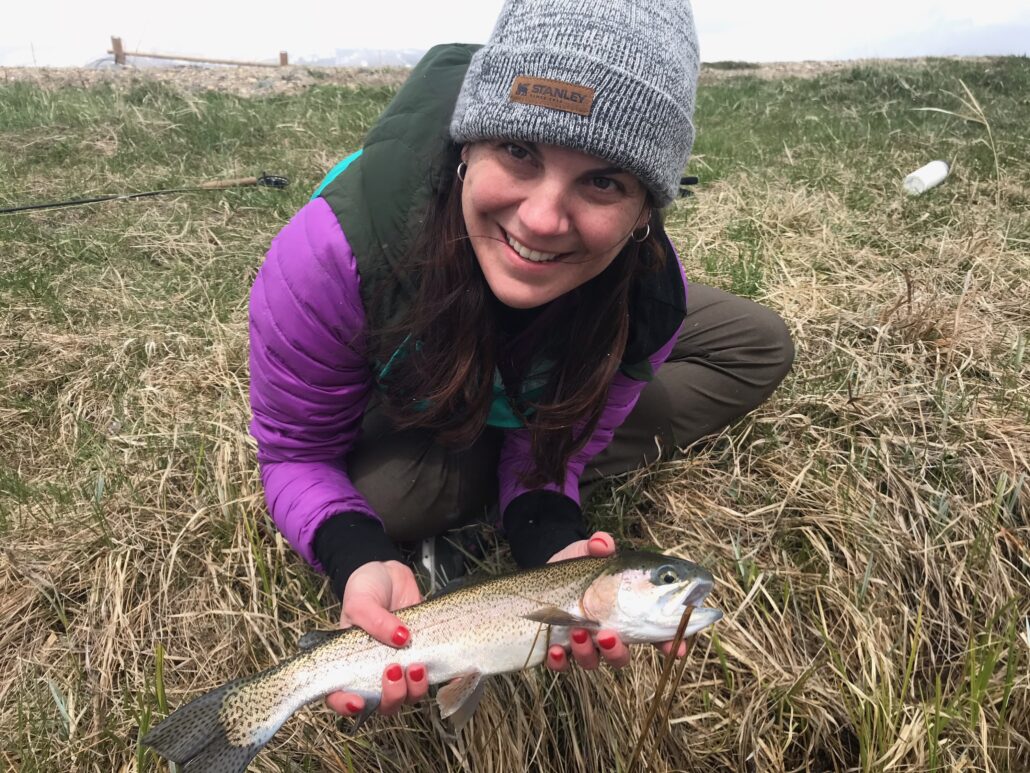
Inclusivity + The Evolving Outdoor Industry Landscape: We’re All “Outdoorsy”
Over the past few months our teams have attended several marquee events in the outdoor and sporting industries, including Sea Otter Classic, The Big Gear Show and Outdoor Retailer. As an agency of outdoor recreation enthusiasts, these shows are an opportunity to reconnect with media friendlies, influencers, and our clients in the wild and through the meshing of work and play, whether it’s tacking on a coastal e-bike ride afterhours or hitting the trails for early morning exercise.
A number of important trends and predictions emerged from our time spent at these events and the implications extend across multiple categories and audiences. Here are just a few worth noting:
1. Beginners Welcome
The definition of “outdoor recreation” is becoming broader and more inclusive of a range of activities—all based on what “outdoorsy” means to you. Skateboarding, for example, is a nontraditional outdoor recreation activity, yet saw a 33.9% increase while adding 9+ million people in the past year. Entry level activities with low-to-no barrier to participation have also empowered more people from different backgrounds, cultures, and communities to trek out into the great outdoors. Now, hiking can be as easy and low impact as walking on a terrain other than pavement. Participation in outdoor recreation overall is up, and the average persona is reflecting more diversity across race, ethnicity, sexuality and gender identity. According to the Outdoor Industry Association 2023 Annual Outdoor Participation Trend Report:
- Hispanic people’s participation rate increases from 34% (2015) to 56% (2022), marking the highest growth rate for any single group.
- Participants in the LGBTQIA+ community make up 11% of the participant base and are the most active of any adult cohort.
- Senior citizens now represent 1 in every 5 participants as 35% of the base.
2. Camping “Lite”
‘Pack it in, pack it out’ is one of the original tenets of backcountry camping, but you don’t need to be a mountaineer for some fresh air and R&R. Camping has undergone its own evolution and has come a long way from the canvas pup tents and bulky cotton sleeping bags of old. New amenities and innovations have created even more accessibility for every level of camper, including glamping, RVs, car camping and more. Wi-fi at campgrounds has become more prolific, which has led to a mindset shift: not everyone needs to “disconnect to reconnect.” The number of campers who say that having wi-fi has a great deal of impact on their ability to camp more often has increased 19% (parents of teenagers: IYKYK).
In total, campers spent $52 billion in local communities in 2022, according to Kampgrounds of America’s 2023 North American Camping + Outdoor Hospitality Report. While they contribute a fair amount to those communities, half of campers turn to camping as a more cost-friendly way to travel during an economic downturn. Campers also remain open-minded with around 80% interested in trying a new form of camping with which they’re currently unfamiliar. And, it’s not just new lodging (yurts, anyone?) and destinations they’re open to trying—campers are also hoping to travel for food tourism/culinary experiences (36%).
3. Embracing Circularity
What started as a movement around land conservation and “reduce, reuse, recycle” is now “renew, repurpose, upcycle.” Enter the fast-growing circular economy. During The Future of Active seminar, Fashion Snoops identified a emerging opportunities that will reshape the landscape of the outdoors industry, including:
- The ‘Mindful Movement’: consumers are placing a great emphasis on their mental health and the outdoors as a remedy for perspective, balance, and the clearing of the mind.
- ‘Consciously Renewed’: companies are employing new design strategies to not only reuse waste but embrace it as a way to create unique and meaningful products for shoppers to use and wear.
- ‘Full Circle’: communities are being formed to increase buying and selling secondhand, from repair platforms to ‘gear libraries’ where swaps and rentals are encouraged.

Bethany Mousseau is a vice president at 360PR+ working on several of the agency’s wellness and active lifestyle accounts including MyFitnessPal and Saris. She has 20 years of experience working with well-known, coveted brands including Teva, Stanley, Superfeet, ECCO, New Balance and Powerbar. With a passion for the outdoors, you can often find Bethany on her bike and exploring new trails, or she can also be reached at bmousseau@360pr.plus.
